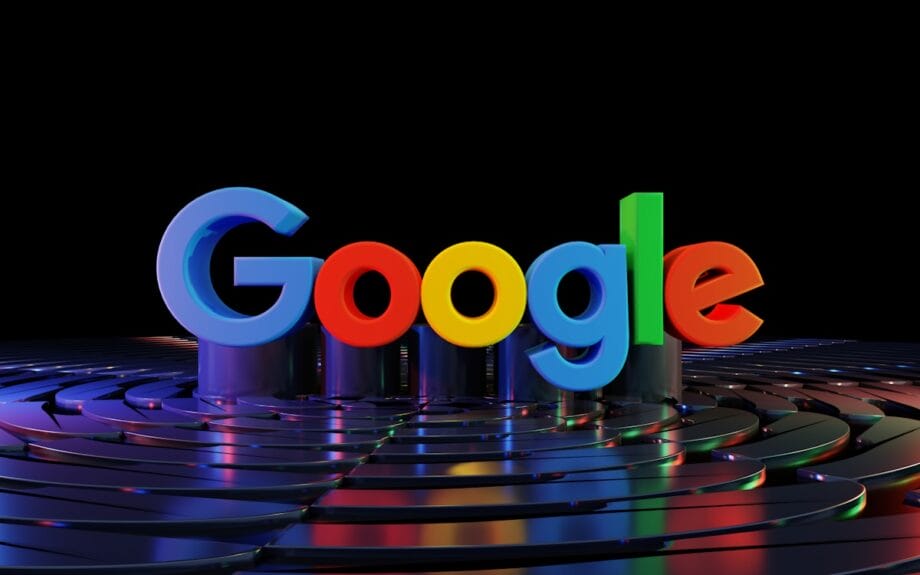Google’s search feature, which utilizes Artificial Intelligence (AI) to produce concise summaries of content, faces legal scrutiny. A prominent media company claims this practice unlawfully appropriates journalistic work, thereby diminishing traffic to the original content creators’ websites.
Google asserts that AI-generated summaries enhance user experience and direct traffic to a broader array of websites.
This case, initiated by Penske Media—which owns notable outlets like Rolling Stone, Billboard, and Variety—represents the first time an influential American publisher has legally challenged Google, a subsidiary of Alphabet, over its use of AI-generated summaries, according to reports from Reuters.
Understanding AI Summaries
When users conduct searches on Google, they are often greeted with AI summaries positioned at the top of the results. This innovation may lead them to forego visiting specific websites altogether, as they feel sufficiently informed by the summaries alone.
Media organizations have expressed concern for months, arguing that such features dissuade users from navigating to original sources. This trend subsequently erodes traffic, adversely impacting both advertising and subscription revenues.
Core Issues in the Case Against Google
The lawsuit contends that Google wields significant influence, commanding nearly 90% of the U.S. search market. Without this leverage, it would be compelled to compensate publishers for their content, which it uses to enhance its AI outputs. Allegedly, Google prioritizes websites that permit its information to be utilized for AI summaries in its search results.
The petitioner, Penske Media, boasts a rich history as a family-run media conglomerate, led by Jay Penske, with an impressive monthly online viewership of 120 million.
Penske contends that it is faced with a dire dilemma: either block Google from indexing its content—thereby vanishing from search results—or continue to provide material that facilitates Google’s AI, “fueling a fire that threatens [our] entire publishing business,” as stated in the complaint reported by the Wall Street Journal.
“We have a duty to ardently advocate for the future of digital media and safeguard its integrity—both of which are jeopardized by Google’s current maneuvers,” stated Jay Penske in a remark to Reuters.
Additionally, Chegg, an online education entity, initiated its own lawsuit against Google in February, asserting that the tech giant’s AI-generated summaries diminish demand for original content and compromise publishers’ competitive standing.
Google’s Defense: Enhancing User Experience

In response to Penske’s litigation, Google claims that these AI-generated overviews significantly enhance user experience. It asserts that such summaries drive traffic to a broader spectrum of websites.
“With AI Overviews, users find Search more beneficial and engage more frequently, creating novel opportunities for content discovery. We will staunchly contest these unfounded allegations,” remarked Google spokesperson Jose Castaneda.
Recently, Google has been scrutinized for its hold on the search market amid accusations of anti-competitive practices. However, a U.S. judge ruled against the requirement to divest its Chrome browser as part of efforts to foster competition in search.
This situation implies that publishers find themselves reliant on Google for visibility and, thus, cannot simply disengage from using AI summaries or overviews, critics argue.
Concern Over Market Dominance
Criticism of Google’s market position continues to resonate. Nicholas Thompson, CEO of The Atlantic, remarked, “Google is evolving from a mere search engine into an answer engine.”
Danielle Coffey, CEO of the News/Media Alliance—representing over 2,200 U.S.-based publishers—asserted to Reuters, “The principles negotiated with other AI firms do not apply to Google, as its market power allows it to disregard healthy practices.”
In light of similar allegations, OpenAI has begun formal agreements with reputable organizations, such as News Corp, Financial Times, and The Atlantic, to utilize their content. Conversely, Google, with its Gemini chatbot competing against ChatGPT, has been less proactive in forging such partnerships.
“The enormous scale and market power held by Google exempt it from adhering to similar standards. That, indeed, is the crux of the issue,” Coffey concluded.
A comparable legal challenge is also unfolding in India against OpenAI, initiated by news agency ANI, which subsequently garnered support from the Digital News Publishers Association (DNPA)—including members like The Indian Express, Hindustan Times, and NDTV.
Source link: Hindustantimes.com.






